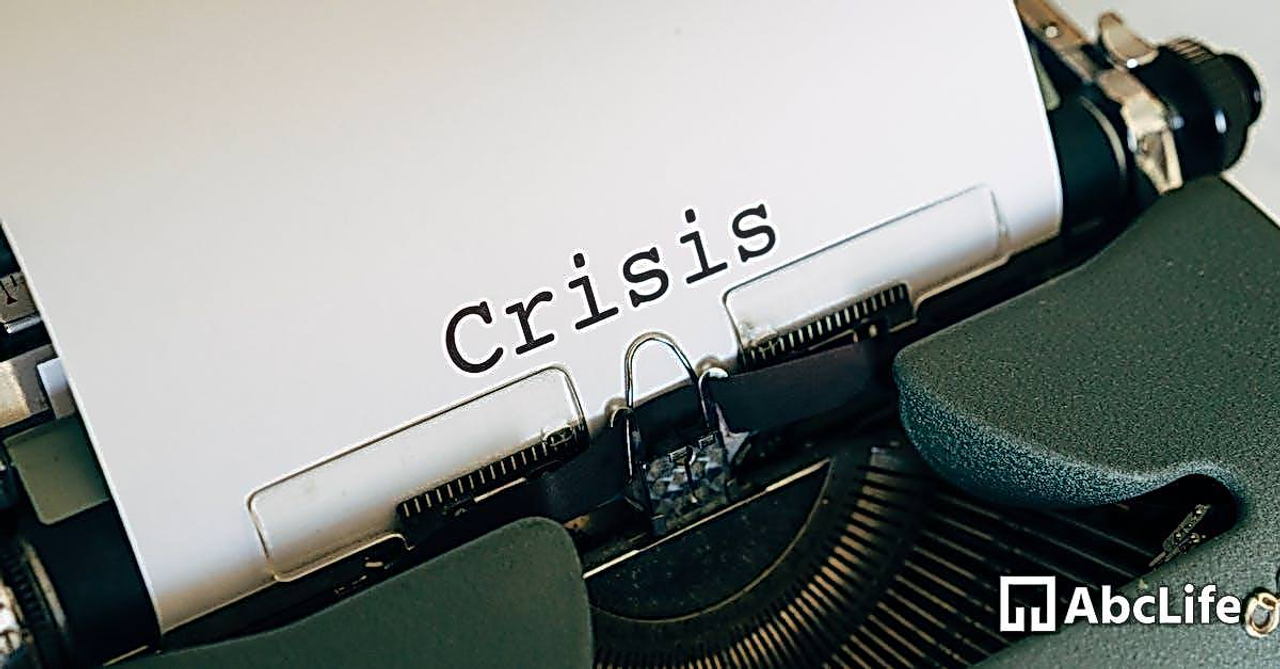10 Stress Reduction Techniques to Enhance Your Well-Being
Stress is an unavoidable part of life, but too much of it can be harmful to one's health. That is why learning how to manage stress is critical if you want to improve your overall well-being and live a healthier, happier life. This article will go over 10 tried-and-true stress management techniques that can help you reduce stress, reduce anxiety, and improve your mental health.
From mindfulness and deep breathing exercises to developing healthy habits and learning to say "no," these stress management techniques are simple to implement and can make a big difference in your life. These techniques will help you feel more relaxed, centered, and in control of your emotions and thoughts, whether you're trying to manage work-related stress or dealing with a difficult situation.
So, if you're ready to take control of your stress levels and improve your overall well-being, let's get started with the top ten stress management techniques you should know.
The Importance of Stress Management

Stress is an unavoidable part of our everyday lives, and it is a natural reaction to challenges and difficult situations. However, prolonged or excessive stress can have a negative impact on our physical and mental health. This is why stress management is critical to living a healthy lifestyle. Stress can manifest itself in a variety of ways, including headaches, fatigue, anxiety, and a variety of other symptoms. If unchecked, it can lead to chronic health problems such as hypertension, cardiovascular disease, diabetes, and others. Stress management techniques that are effective can help reduce the risk of these conditions and promote overall well-being.
10 Stress Reduction Techniques to Enhance Your Well-Being
1. Regular exercise releases endorphins and lowers stress hormones. 3. Use relaxation techniques such as meditation, yoga, or breathing exercises to help you unwind. 4. Get enough sleep to help reduce stress levels. 5. Seek social support from friends and family. Recognize and manage stressors through therapy or counseling 6. Maintain a healthy diet to keep your body and mind nourished 7. To avoid overwhelm, set realistic goals and prioritize tasks. Make time for activities and hobbies that bring you joy and fulfillment. Reduce negative thoughts by using positive self-talk and mindfulness. If stress becomes difficult to manage on your own, seek professional assistance. You can take control of your mental and physical health and improve your overall well-being by implementing these stress management techniques. To live a happy and healthy life, remember to prioritize self-care and stress management.
Technique 1: Deep Breathing Exercises

Deep breathing exercises can be an efficient way to reduce stress. When we are stressed, our breathing becomes shallow and rapid, which can heighten our anxiety. We can reduce our heart rate and promote a sense of calm and relaxation by taking deep breaths.
Find a quiet place where you won't be disturbed, sit comfortably, and concentrate on your breathing. Take a deep breath through your nose, hold it for a few seconds, and then slowly exhale through your mouth. Repeat this process several times, paying attention to how your body starts to relax. Inhale deeply for four seconds, hold your breath for seven seconds, and exhale for eight seconds. The 4-7-8 breathing exercise is a technique that can help you fall asleep or reduce anxiety in minutes.
Deep breathing exercises can help you manage stress, reduce anxiety, and improve your overall well-being if you practice them on a regular basis.
Technique 2: Mindfulness Meditation
Mindfulness meditation is a technique in which you focus your attention on the present moment while calmly acknowledging and accepting any feelings, thoughts, or bodily sensations that arise. This practice, which originated in Buddhism but has since spread throughout the world, has been shown to reduce stress and anxiety, improve mood, and improve mental clarity.
Find a quiet and comfortable place where you won't be disturbed for a while to practice mindfulness meditation. Place your hands gently on your lap or knees and sit in a comfortable position, with your back straight but not stiff. Close your eyes or shift your gaze to a soft spot on the floor in front of you, and focus on your breathing. Feel the air moving in and out of your nose or mouth, as well as the expansion and contraction of your chest or belly. When your mind wanders to other thoughts or sensations, gently bring it back to the breath, without judgment or criticism.
Begin with a few minutes of practice per day and gradually increase the duration as you gain confidence. You could also use guided meditations or apps that give you instructions and feedback. Remember that the goal of mindfulness meditation is not to empty your mind of all thoughts or to achieve a specific state of consciousness, but to cultivate a non-judgmental awareness of the present moment that can help you cope with stress and enjoy life's richness.
Technique3: Exercise and Physical Activity
Physical activity and exercise are both effective ways to reduce stress and improve overall well-being. When you exercise, your body produces endorphins, which are natural mood boosters that aid in stress reduction. Physical activity also improves the quality of your sleep, which is essential for stress reduction and overall health.
Exercise does not have to be strenuous or complicated to be beneficial. Walking, swimming, yoga, and other low-impact activities can all aid in stress reduction and overall health. The key is to find an activity that you enjoy and can commit to for an extended period of time. For optimal health benefits, experts recommend at least 30 minutes of moderate exercise per day.
Incorporating exercise and physical activity into your daily routine can be difficult, but it is critical for stress management and overall health. Begin slowly and gradually increase your level of activity over time. Make time for physical activity and prioritize your well-being, whether it's a walk after work or a weekend yoga class.
Technique 4: Healthy Lifestyle Habits
Maintaining a healthy lifestyle is critical for stress management. Exercise on a regular basis, eat a balanced diet, and get enough sleep to support physical and mental health. Endorphins, which are natural stress relievers, are released into your system during exercise, which helps to elevate your mood. Endorphins also help with stress-related hormones, lowering their levels in the body and increasing relaxation. It does not have to be strenuous exercise; simply going for a walk in the evening or participating in a yoga class can help relieve stress. Eating a healthy, balanced diet helps the body function better by providing the essential nutrients required for proper function and mood enhancement. Sugary and processed food consumption has been linked to depression and anxiety in studies. Consuming healthy fruits, vegetables, proteins, and whole grains in moderation is therefore critical for stress management. Finally, getting enough sleep is critical for stress reduction. Sleep deprivation causes fatigue, irritability, and depression. As a result, it is critical to get enough rest, preferably 7-9 hours per day, to allow your body and mind to rest and rejuvenate.
Technique5: Establishing Work-Life Balance
In our fast-paced world, work-life balance is critical for dealing with stress. People who maintain a healthy work-life balance tend to have better health, relationships, and overall well-being. The following are some suggestions for achieving work-life balance:
1. Prioritize your time:
You must establish your priorities by determining what is most important to you. Set aside time for family, friends, work, hobbies, and, most importantly, yourself. Remember that self-care is a necessity for your mental and emotional well-being, not a luxury.
2. Disconnect:
It is critical to take regular breaks from electronics in our digital age. Disconnect from work emails and social media by turning off notifications. Allow yourself to be present in the moment and spend uninterrupted time with loved ones.
3. Learn to delegate:
You are not required to do everything yourself. Learn how to effectively delegate tasks, whether at home or at work. Delegate to someone you trust, and you'll have more time to focus on what matters.
Creating a work-life balance is difficult, but it is necessary for our health and well-being. Remember that progress, not perfection, is the goal. Continue to look for what works best for you.











